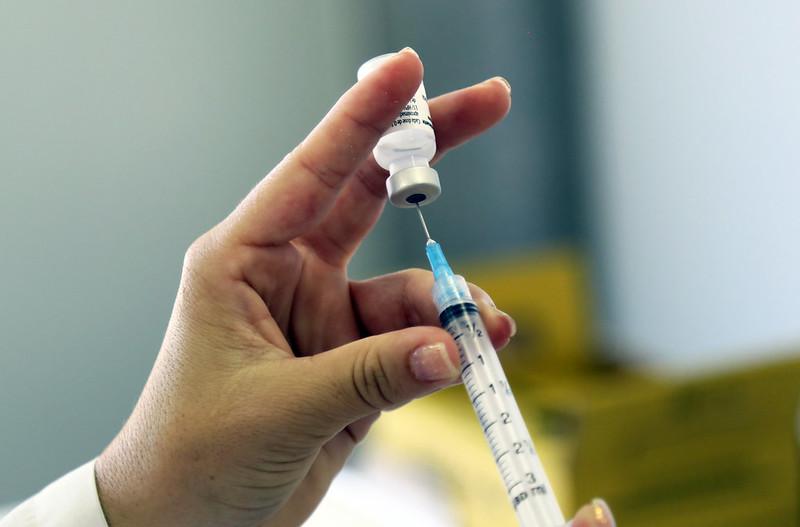More than a third of US adults are unfamiliar with the human papillomavirus (HPV), many are unaware of the HPV vaccine, and more than 70% are unaware that HPV causes oral cancers, according to a survey study yesterday in JAMA Oncology.
"When people make decisions about whether they want to get vaccinated or whether they want to get their child vaccinated, they are doing a risk-versus-benefit assessment. So it's important for them to understand what can happen when someone gets HPV infection," said senior author Kalyani Sonawane, PhD, of the Medical University of South Carolina, in a university news release.
The vaccine is the best defense against cancers caused by HPV, including those of the cervix, anus, oropharynx (back of the throat), vulva, vagina, and penis. The survey results come at a time when Health and Human Services Secretary Roberts F. Kennedy Jr. has questioned the safety of the HPV vaccine, though studies have demonstrated its effectiveness and safety.
34% had not heard of HPV
For the survey study, Sonawane and her colleagues analyzed data from 2017 through 2020 from the Health Information National Trends Survey (HINTS), a survey conducted by the National Cancer Institute. The final sample included 22,344 adult respondents (mean age, 49 years; 51.1% women).
The team found that, nationally, 34.3% of adults had not heard of HPV. Lack of HPV awareness exceeded 40% in 7 states, mostly in the Midwest (Kansas, Nebraska, and Illinois) and the South (Mississippi, Arkansas, and Alabama).
It's important for them to understand what can happen when someone gets HPV infection.
In addition, more than 40% of adults in 13 states—9 from the Midwest (South Dakota, Kansas, and Illinois) and the South (Mississippi, South Carolina, Arkansas, Oklahoma, Florida, and Alabama)—were unaware that an HPV vaccine exists.
And among all respondents nationwide who knew about HPV, 70.8% and 28.3% were unaware that HPV causes oral and cervical cancers, respectively. The investigators note that, in 45 states and Washington, DC, more than 60% of the respondents did not know that HPV causes oral cancers. By comparison, the lack of awareness that HPV causes cervical cancer was less common, ranging from 6.9% in Wyoming to 57.4% in Hawaii.
Screening, vaccination down nationally
Sonawane, an associate professor in the Department of Public Health Sciences and a trained pharmacist and health services researcher, said, "HPV is linked with six different types of cancers, but cervical cancer seems to be the one that people are most aware of." That is probably because "it was first approved for girls and heavily marketed toward girls" when it was first introduced in 2006, she added.
It was approved for boys in 2009, but vaccination rates in boys continue to lag behind girls' rates.
"People think, 'Oh, cervical cancer. I don't need to get my boys vaccinated,' " Sonawane said. "Anecdotally, when we speak with pediatricians, they always tell us that when they ask a parent of a male child about HPV vaccination, the parents always say, 'Oh, but he's a boy.' "
It just worries me how this is going to translate five years, 10 years down the line.
A recent report from the American Cancer Society showed that screening for breast cancer and colon cancer has rebounded from the effects of the COVID-19 pandemic, but cervical cancer screening and HPV vaccination have not, according to the news release.
"It just worries me how this is going to translate five years, 10 years down the line," Sonawane said. "We are losing that critical opportunity of being able to vaccinate kids, being able to screen women at the right time and being able to catch these cancers early."



















